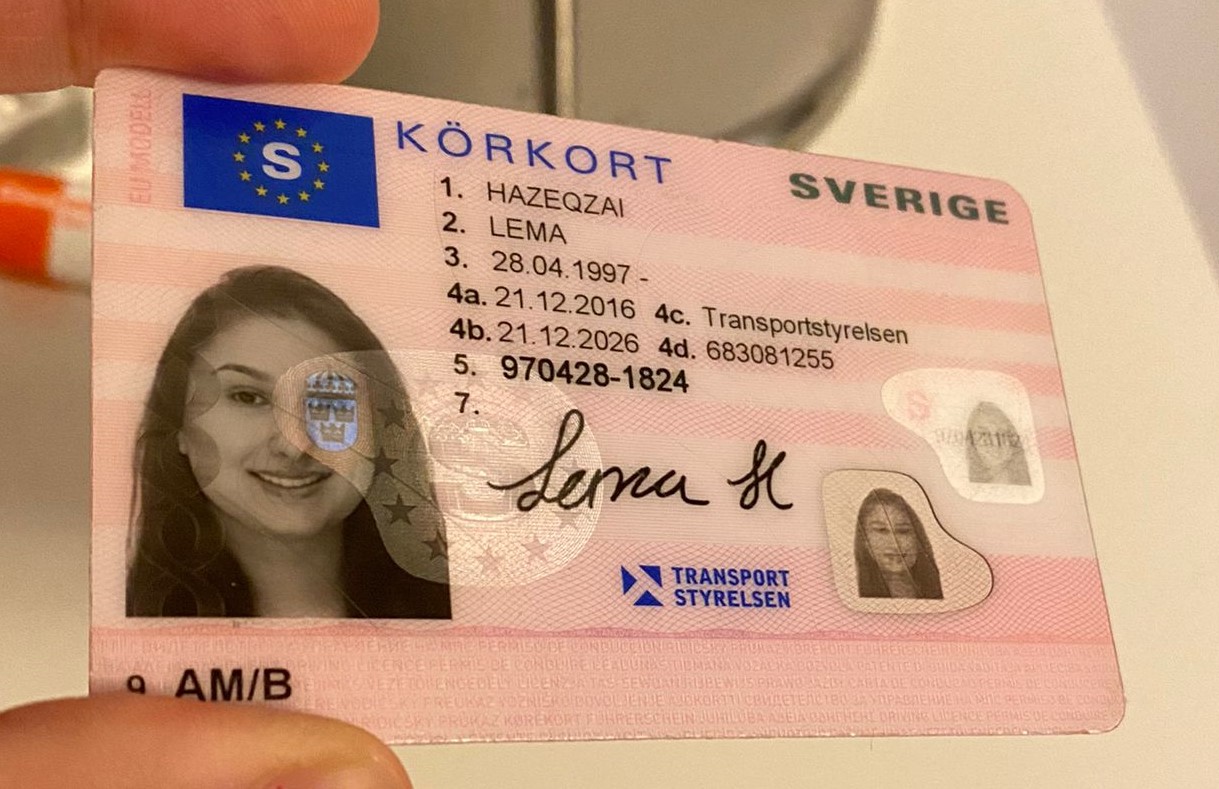
The Future of Driving Licenses: ID Handling in 2025
As innovation continues to progress at an unmatched rate, different sectors are welcoming developments to improve user experience and efficiency. Among the locations experiencing considerable improvement is identity management, especially concerning driving licenses. With the introduction of digital licenses and Bästa Körkort Online advanced recognition techniques, the landscape of driving license ID handling is expected to undergo substantial modifications by 2025. This post explores the expected advancements in driving license ID handling, the implications for users, and responses frequently asked questions about the future of driving licenses.
The Evolution of Driving Licenses
Driving licenses have typically served as a means of determining a person's authority to operate a motor automobile. They likewise serve several secondary purposes, consisting of age confirmation and identity verification for banking and travel. However, the physical card system has restrictions, including dangers of counterfeiting, loss, and outdated info. As society seriously relies on effective and secure recognition systems, the shift toward digital licenses is becoming progressively popular.
Current Trends in Driving License ID Handling
Digital Licenses: Many states are piloting digital driving licenses that enable users to store their qualifications on their mobile phones. These digital licenses are developed with innovative security functions, consisting of biometric information, and can be scanned or shared safely.
Blockchain Technology: Some jurisdictions are exploring blockchain to improve the security and authenticity of driving licenses. This innovation makes sure that info can not be damaged which the information is easily proven.
Facial Recognition: Increasingly used in recognition practices, facial acknowledgment technology can accelerate the procedure of validating a person's identity versus their driving license. This innovation likewise helps in reducing fraud and preserve the integrity of the licensing systems.
Multi-Functional Licenses: Future driving licenses may incorporate extra features such as health records, travel paperwork, and even payment systems, supplying a comprehensive identity option.
The Benefits of Digital Driving Licenses by 2025
The shift toward digital driving licenses presents numerous advantages, including:
Convenience: Users can access their licenses anytime, which gets rid of the requirement for physical cards. This is especially helpful when people forget their license, as digital copies can be recovered rapidly.
Security: Advanced security steps can minimize the threat of identity theft, scams, and unauthorized duplication. Digital licenses frequently consist of file encryption and biometric confirmation.
Performance: Reduced wait times at federal government workplaces and throughout traffic stops, as police can validate digital licenses quickly.
Ramifications for Users
While the improvements in driving license ID managing present various benefits, they likewise come with difficulties. Users require to adjust to new innovation and ensure they understand the modifications and their implications. Here are some considerations:
Privacy Concerns: With increased digital footprints, there will be heightened concerns over information privacy and how biometric data is saved and used.
Accessibility Issues: Individuals without access to smartphones or digital innovations might deal with barriers to obtaining and making use of digital licenses.
Regulatory Compliance: With different jurisdictions embracing different systems and processes, users should know their regional laws concerning digital licenses and recognition.
Prepared For Changes in Driving License ID Handling by 2025
| Aspect | Present Status | Anticipated Change by 2025 |
|---|---|---|
| License Format | Physical cards | Primarily digital licenses |
| Verification Process | Manual checks | Automated biometric confirmation |
| Security Measures | Fundamental holograms and features | Advanced encryption and blockchain |
| Jurisdictional Differences | Fragmented procedures throughout states | More standardized nationwide systems |
| User Interaction | In-person renewals and checks | Mobile applications for management |
FAQs
1. What is a digital driving license?A digital driving license is an electronic version of a traditional driving license that is saved on a mobile gadget. It can be used for recognition and verification in different scenarios, with enhanced security functions to prevent fraud.
2. How will digital licenses enhance security?Digital licenses make use of encryption and biometric information, making them harder to forge or misuse compared to standard cards. Additionally, blockchain technology can ensure data credibility and stability.
3. Will everybody be required to switch to a digital license?While numerous jurisdictions are moving toward digital licenses, policies may vary. Users are motivated to talk to their regional licensing authorities for particular guidelines.
4. What are the prospective downsides of digital licenses?Some prospective disadvantages include privacy concerns regarding information storage, ease of access problems for people without smart devices or digital literacy, and the need for a robust regulatory structure to handle security and user rights.
5. How can I prepare for the shift to digital licenses?Stay informed about regional efforts concerning digital licenses, explore offered mobile applications for managing recognition, and cultivate digital literacy to navigate new technologies with confidence.
The future of driving licenses and ID handling is poised for substantial development by 2025. As digital licenses become more common, users will experience boosted security, convenience, and performance. However, along with the benefits come difficulties that will require public awareness and adjustment. Stakeholders should prioritize education, regulation, and accessibility to guarantee a smooth transition that empowers people with the recognition tools of the future. As technology advances, so too will the techniques through which society manages identity, especially vital in processes as basic as running a motor lorry.








